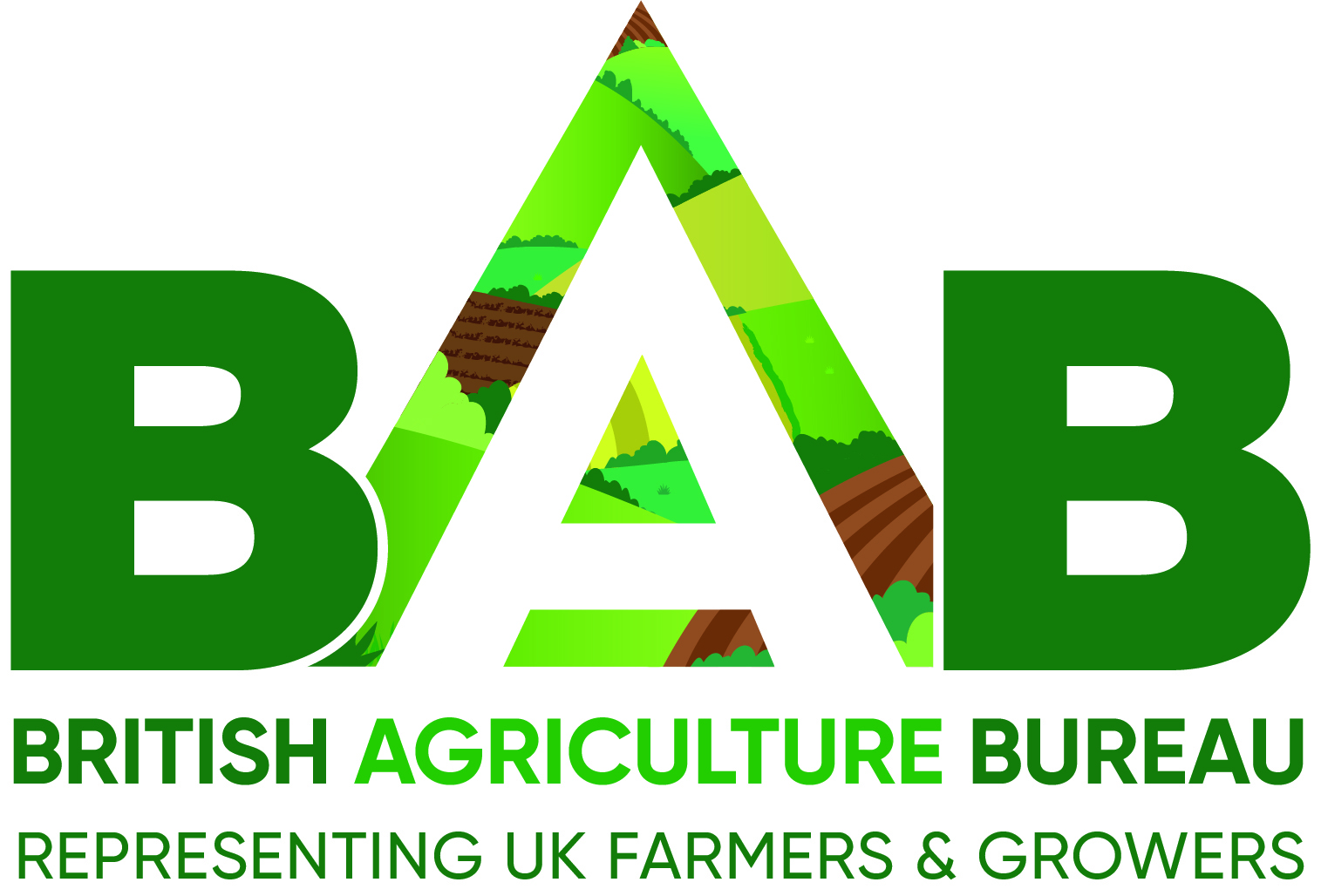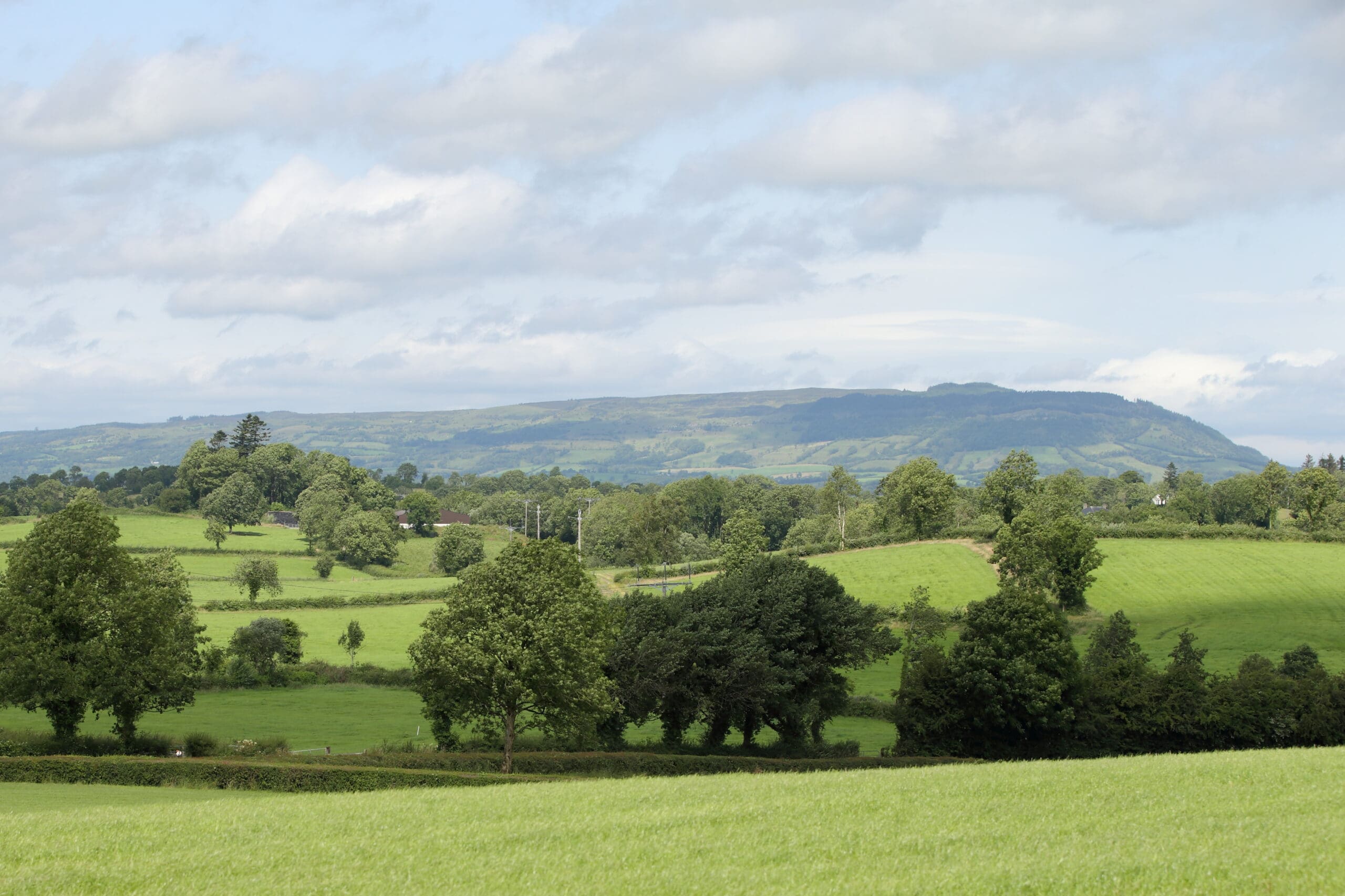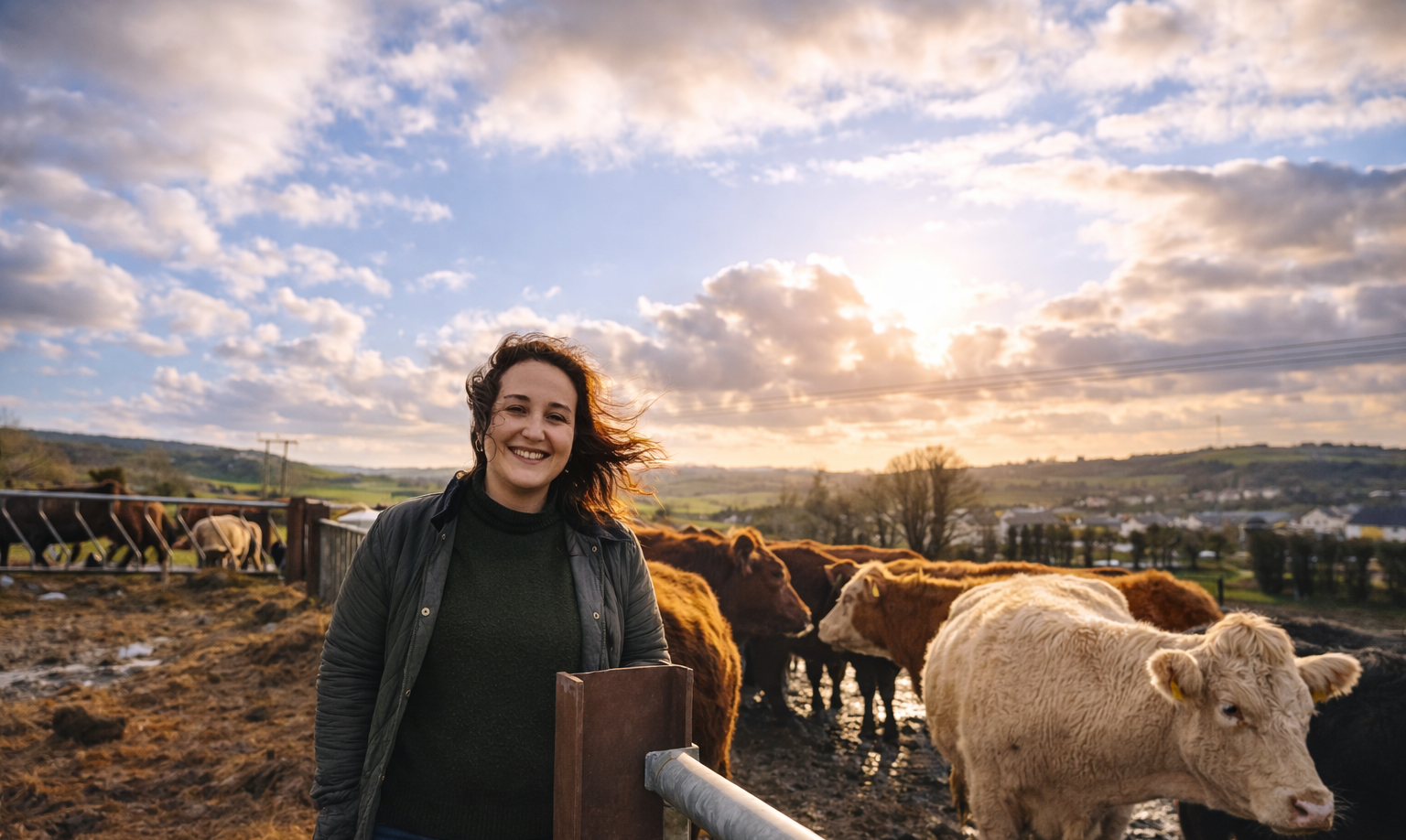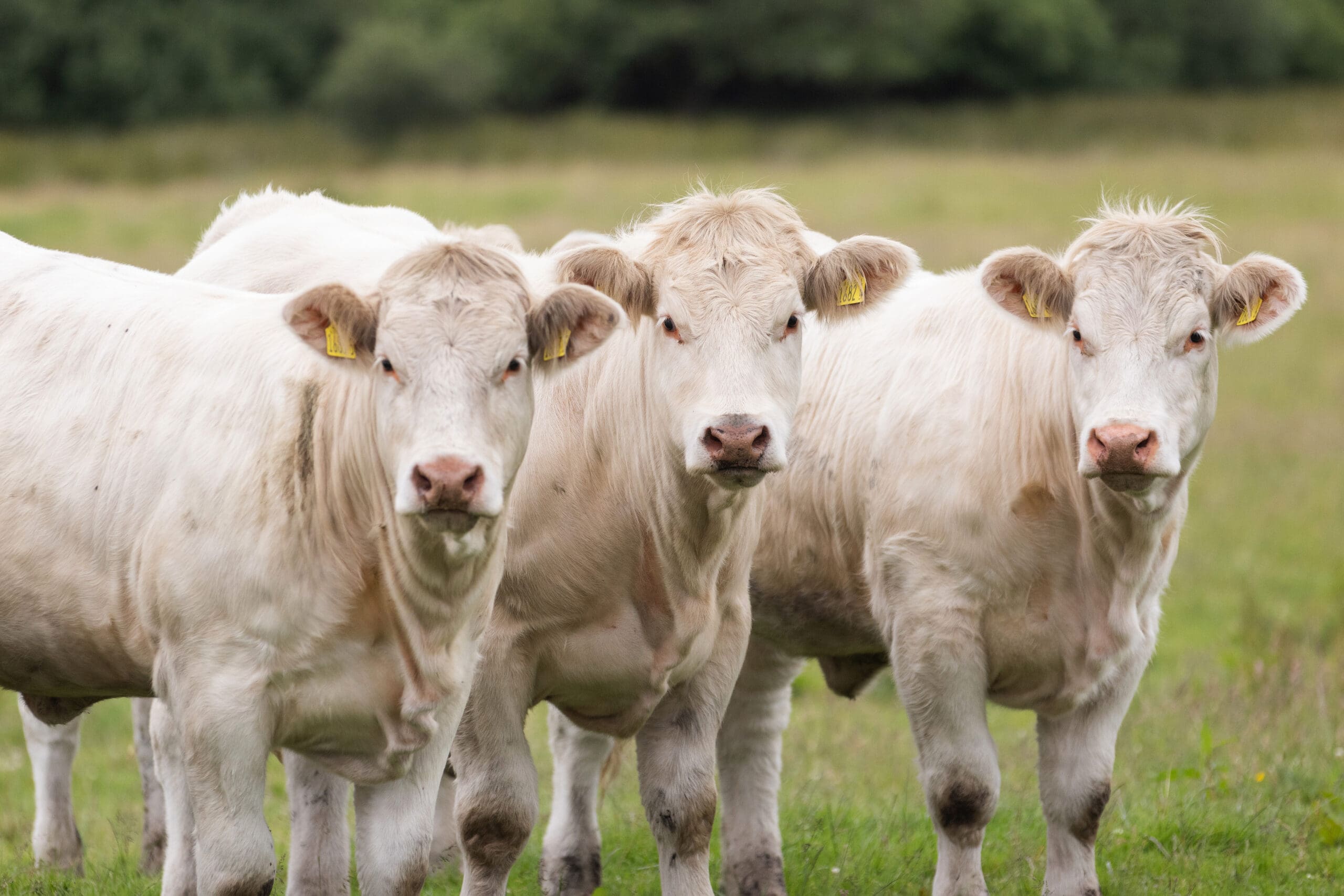
A look at what has been happening in Europe.
- First ship safely exits Ukraine’s Black Sea corridor despite Russian blockade
Last week a cargo ship successfully made the voyage across the Black Sea from Ukraine to Turkey, using the shipping corridor established by Kyiv. The ship – German-Chinese owned Joseph Schulte – reached Turkey’s Bosphorus Straight on Friday having been stranded in Odesa for a year and a half. It is the first ship to make the journey under the ‘humanitarian corridor’ which will primarily be used for civilian ships. Russia is still refusing to acknowledge the shipping corridor and maintain that any vessels sailing in the Black Sea to Ukrainian ports will be regarded as potential carriers of military cargo.
- COCERAL urges Commission to act to free up Ukrainian exports
In a letter to Commission President Ursula von der Leyen, COCERAL, the European grain trade organisation urged the Commission to make exports of Ukrainian products via other routes possible, for example through green corridors. This would facilitate the passage shipment of Ukrainian grain through to a series of ports located in the Baltic States, Germany, the Netherlands, Croatia, Italy & Slovenia. This would represent additional exports of 1 to 1.5 million tonnes per month and allow for checks to be carried out at the port of destination, avoiding delays at the Ukrainian border.
The group also urged the Commission to permanently lift import restrictions on Ukrainian grain in the 5 frontline Member States – set to expire on 15 September 2023.
- French labelling ban escalates to Court of Justice
In 2020, France banned the use of labels such as ‘burger’ and ‘sausage’ to designate plant-based foods, and pushed for a similar labelling ban to be introduced at an EU level which was unsuccessful. Now, the French Council of State has sent questions to the Court of Justice of the EU – asking whether EU countries can introduce their own labelling rules on top of European ones, or whether EU harmonisation prevents them from doing so; and, if member countries are allowed, whether the Court of Justice of the EU thinks that the French rules are proportionate.
It may take the Court of Justice of the EU several months to provide an answer.
- Commission adopts CBAM transition regulation
The European Commission has adopted an implementing regulation covering the transitional phase (1 October 2023 until the end of 2025) of the Carbon Border Adjustment Mechanism (CBAM) – the landmark tool to put a fair price on the carbon emitted during production of carbon intensive goods and address carbon leakage. In its first phase, the CBAM will focus on goods most at risk from carbon leakage including cement, hydrogen and fertilizers. During the transitional phase, traders will only have to report on the emissions embedded in their imports, without having to pay any financial adjustment, but would face penalties for non-compliance.
Full implementation will start in 2026.
- Commission publishes flexibility packages for fruits, vegetables and wine sectors
The Commission has published two implementing regulations establishing flexibility packages for the fruit & vegetables, and wine sectors in 2023. This is due to adverse meteorological conditions. For fruit & vegetables, the adverse events (e.g droughts) have negatively impacted production and quality, and for the wine sector, prevented growers from completing planting operations in the framework of restructuring measures or from using vine planting authorisations in the most suitable period.
The packages will grant derogations and flexibilities to growers and producers for the year of 2023.
- French ‘grubbing-up’ scheme set to uproot thousands of hectares of vineyards
Winemakers in the Bordeaux region of France are set to uproot thousands of hectares of vineyards, as changing consumer habits and climate change impact the industry. While high-end bottles are still in demand, demand for mass red wines has declined. To help winemaker uproot the vines, the French government introduced a scheme known as the uproot programme or ‘grubbing-up’. This aims to reduce production while allowing wine growers to repurpose land for other activities. French authorities are offering around €6,000 in compensation for every hectare removed, and almost 1,000 pre-applications have already been lodged for the program in the southwest of France.
- Germany proposes legislation on country-of-origin labelling
The German government has adopted a regulation extending the scope of the country’s mandatory origin label for meat. The new regulation will see an obligation to indicate a product’s country of origin extended from pre-packaged meat to unpacked pork, poultry, mutton and goat meat. Unpacked beef was already covered by the mandatory label. The German government had hoped that the Commission would propose EU-wide labelling rules, but with the proposals (initially expected by the end 2022), continually delayed, Germany has introduced national provisions.
- Commission approves several aid schemes
€350 million Finnish forestry aid scheme: the scheme to support sustainable forest management could include remedial fertilisation, forest nature management plans, water protection measures, including road embankment construction, forest road construction, & “compensation for income losses of private forest owners resulting from the implementation of measures to preserve biodiversity in forests”. The maximum aid paid to each beneficiary will be €100,000 per project, rising to €300,000 for road embankment construction & compensation for income losses.
€200 million Romanian state aid scheme to protect trees: the scheme will pay land managers to leave trees standing. The scheme will run until 2027.
€60 million aid scheme for French organic producers: the funding will support organic producers impacted by the war in Ukraine. It will be part of a direct subsidy and aid will not exceed €250,000 per company.
€308 million Irish scheme to support investments in afforestation: to achieve afforestation targets, premiums of up to €1,142/ha for planting trees will be available. Financial assistance will be provided via direct grants.
- French labelling ban escalates to Court of Justice
In 2020, France banned the use of labels such as ‘burger’ and ‘sausage’ to designate plant-based foods, and pushed for a similar labelling ban to be introduced at an EU level which was unsuccessful. Now, the French Council of State has sent questions to the Court of Justice of the EU – asking whether EU countries can introduce their own labelling rules on top of European ones, or whether EU harmonisation prevents them from doing so; and, if member countries are allowed, whether the Court of Justice of the EU thinks that the French rules are proportionate.
It may take the Court of Justice of the EU several months to provide an answer.




